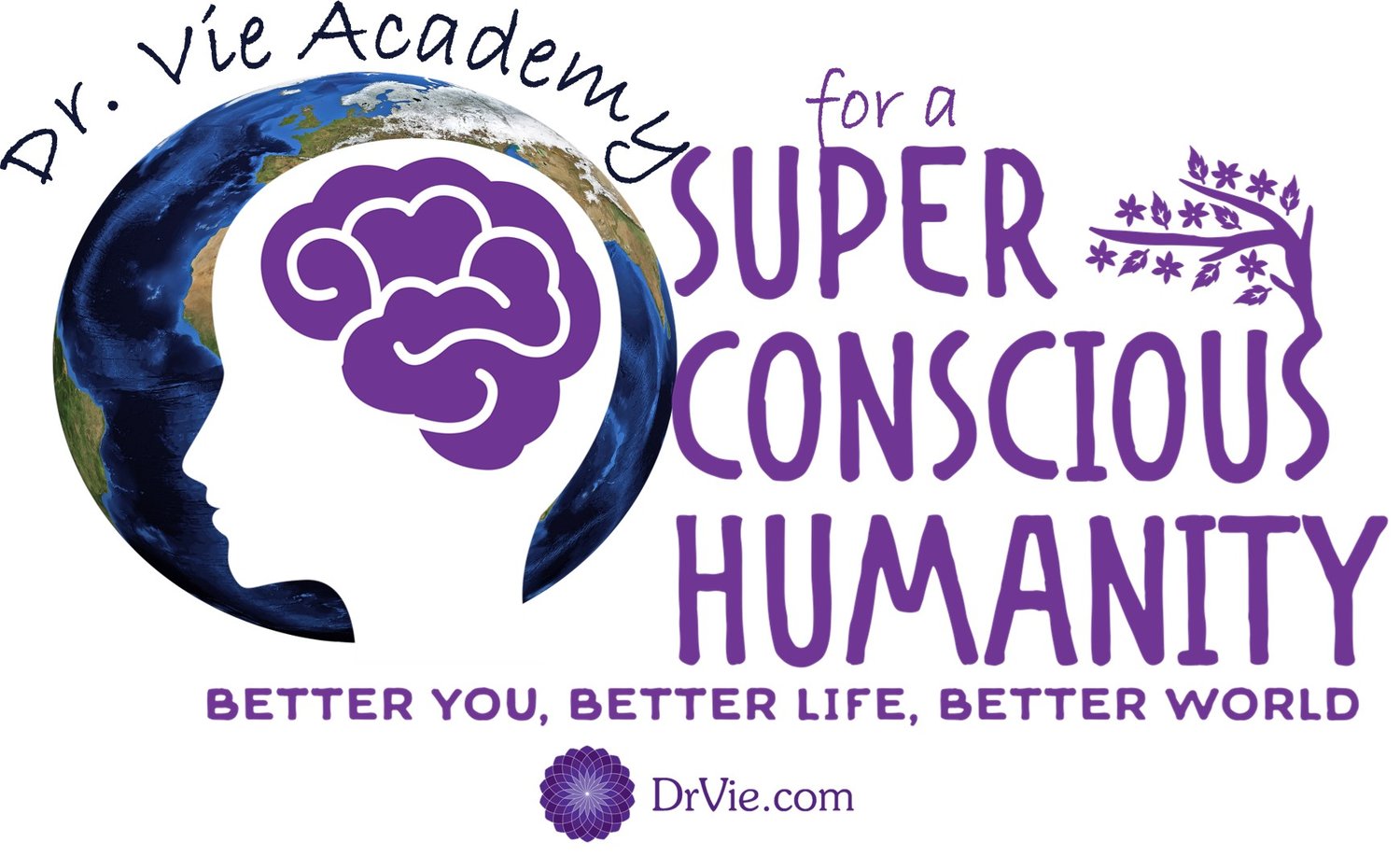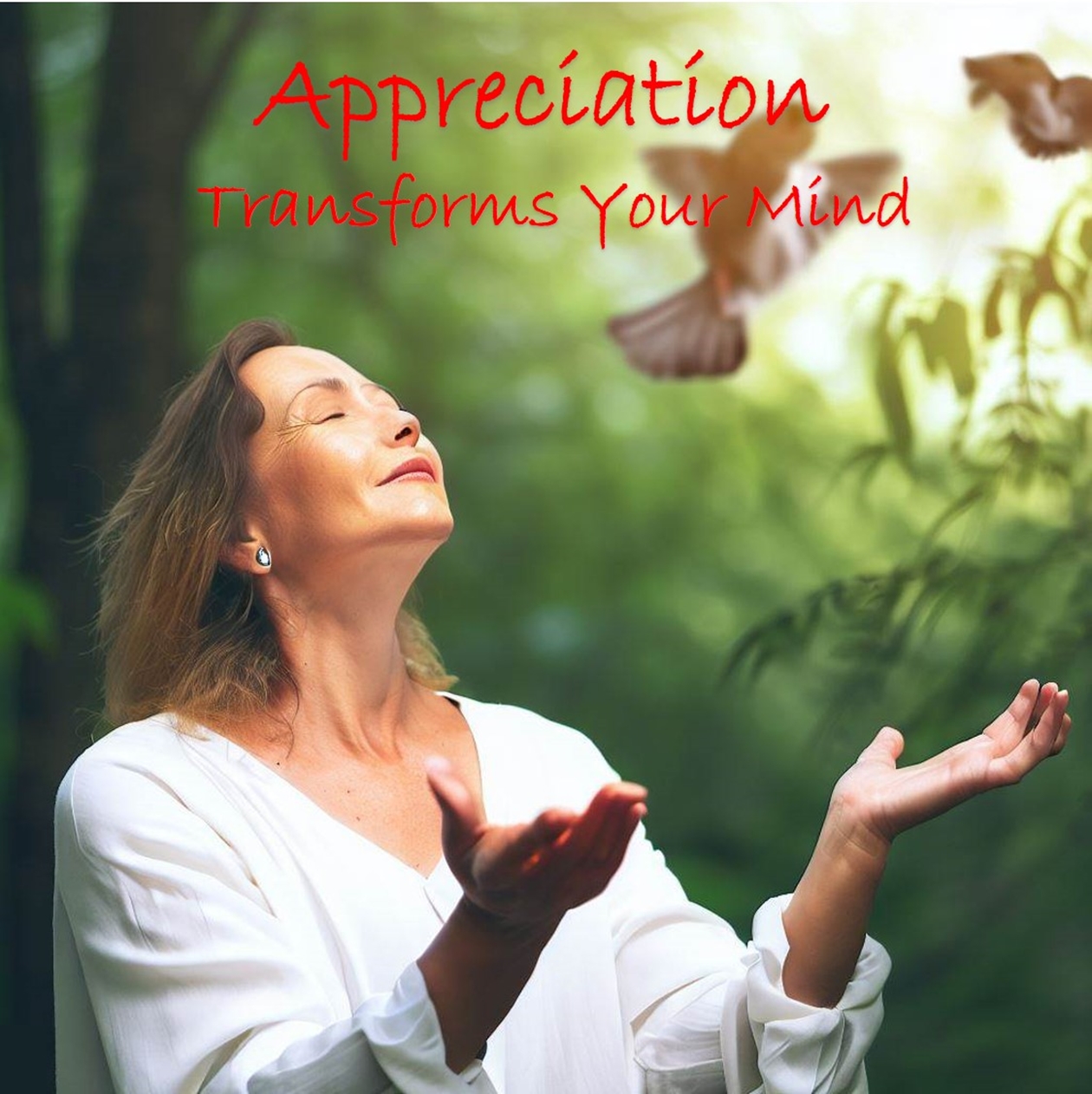Appreciation Not Gratitude For A Transformed Life
The difference between gratitude and appreciation is not very clear in literature and in the way it is verbally used, as the two terms are often referred to interchangeably. However, despite the confusion in terminology, the feeling of appreciation is different from that emotion experienced when you are grateful. It is ultimately the feeling of appreciation that has a profound positive effect on your future, and can help you create joy in your everyday life.
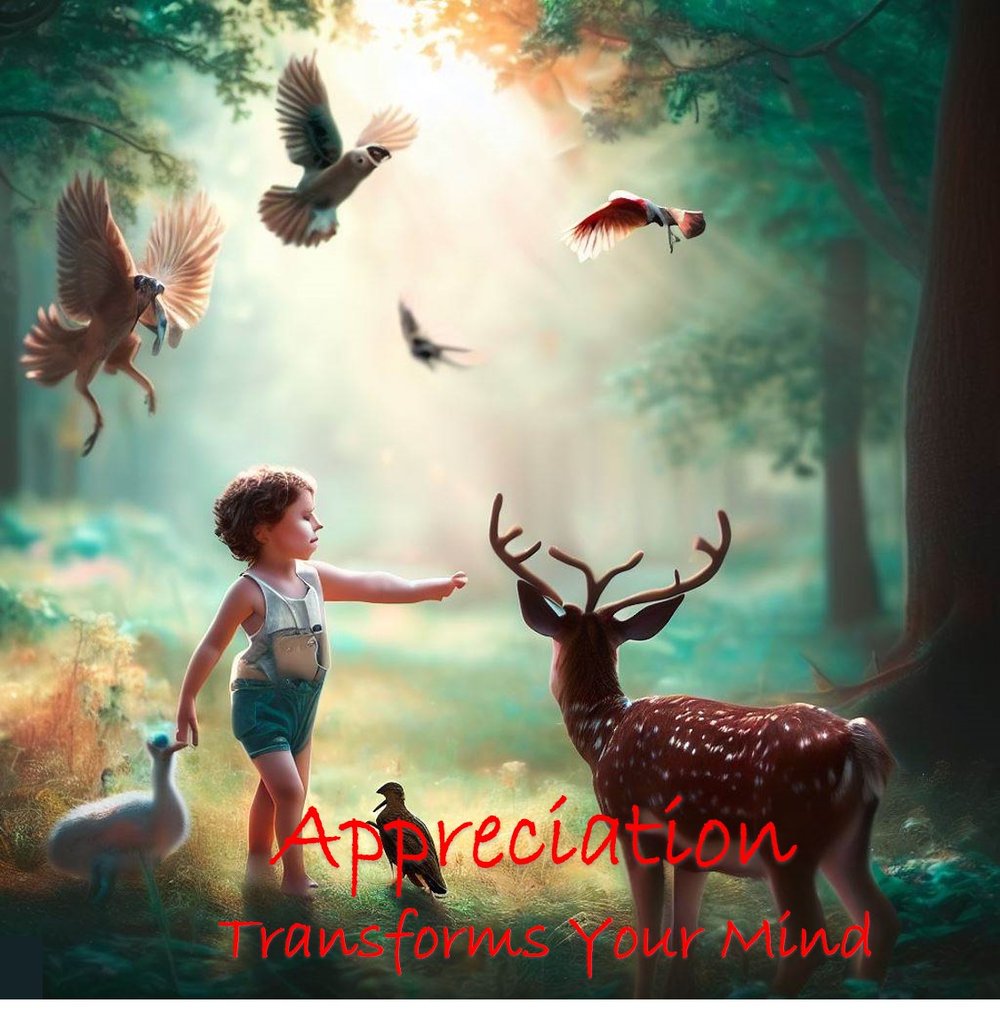
How Children's Appreciation of Life Creates Joy
Children are often seen as naturally joyful and curious beings, who can find wonder and delight in the simplest things. But what is the secret behind their happiness? And how can we adults learn from them?
One possible answer is appreciation. Appreciation is the recognition of the good qualities of something or someone. It is one of the most powerful states of emotion and an indicator of advanced intelligence because it pays attention to what is happening in the present moment, and acknowledges its worth and importance.
Confusion Between Gratitude and Appreciation
Most often we hear of the need for gratitude, and how important it is be grateful. Appreciation is not the same as gratitude. Gratitude is a feeling of being thankful for something that you have received or experienced, especially something that you did not expect or deserve. This feeling is often triggered by external events or circumstances, such as receiving a gift, a compliment, or a favor. In many cases, we are told to be thankful for what we have, however that in itself can limit human potential because it is based on a condition, and as such is often temporary and fades away as the event or circumstance changes. It creates a dependence on the "gifter" or "super-entity" and therein creates a hierarchy and sense of obligation.
Appreciation, on the other hand, is a state of mind that you can cultivate and practice every day. Appreciation is a conscious choice to focus on the positive aspects of yourself, others, and the world around you. It is not dependent on external events or circumstances, but rather on your own perspective and attitude. As such it is also more lasting and stable, as it does not change with the ups and downs of life. To be able to appreciate something or someone, requires a higher state of consciousness, beyond merely observation or awareness through the five senses. And so it denotes an an evolved mind.
Most often, the words gratitude (grateful, thankful) are used synonymously with the term appreciation, however the two are different. Hence literature and research confuses the links of gratitude to happiness and optimism and the better social support received by grateful children.
From the time of birth children naturally demonstrate appreciation, not gratitude. Appreciation is the innate state of humanity. If we can help our children sustain their natural gift, instead of turning it into the resistant mode of gratitude, we would be paying it forward for all of humanity.
How can we help children rediscover their sense of appreciation in their lives?
Because most parents, caregivers and teachers have introduced to children gratitude and the need to be thankful, most of the children's natural brilliance for appreciation dims and fades away early in life. However, all is not lost, for you can rekindle appreciation in them once more.
- Model appreciation yourself.
Children learn by observing and imitating others, especially their parents and caregivers. If you want your children to appreciate life, you need to show them how.
Instead of emphasizing or insisting on "thank you," help the child notice the good things that happen every day, by sharing them with your children without reminding the child to "thank someone for it." This will guide the child to be mindful of the present moment, and enjoy it fully.
- Teach your children through modeling, to recognize kindness, love, and the understanding nature of others. Demonstrate to them how to appreciate the beauty and wonder of nature and things around them.
- Ask appreciation questions. Asking questions can help children reflect on their experiences and feelings, and discover what they appreciate. You can ask questions like: What was the best part of your day? What are you looking forward to tomorrow? What good came out of this situation?
- Perform acts of kindness yourself without expecting anything in return. Acts of kindness can help children appreciate life by helping them see the positive impact they can have on others, and by increasing their compassion. Acts of kindness can also make them feel good about themselves, and increase their happiness. You can help your children perform acts of kindness by suggesting ideas, providing opportunities, and praising their efforts.
By helping children appreciate life, we can help them create joy for themselves and others. Appreciation is not only a skill that can be learned; it is also a gift that can be shared. But how do adults trigger the sense of appreciation in their own lives and be natural role models for children?
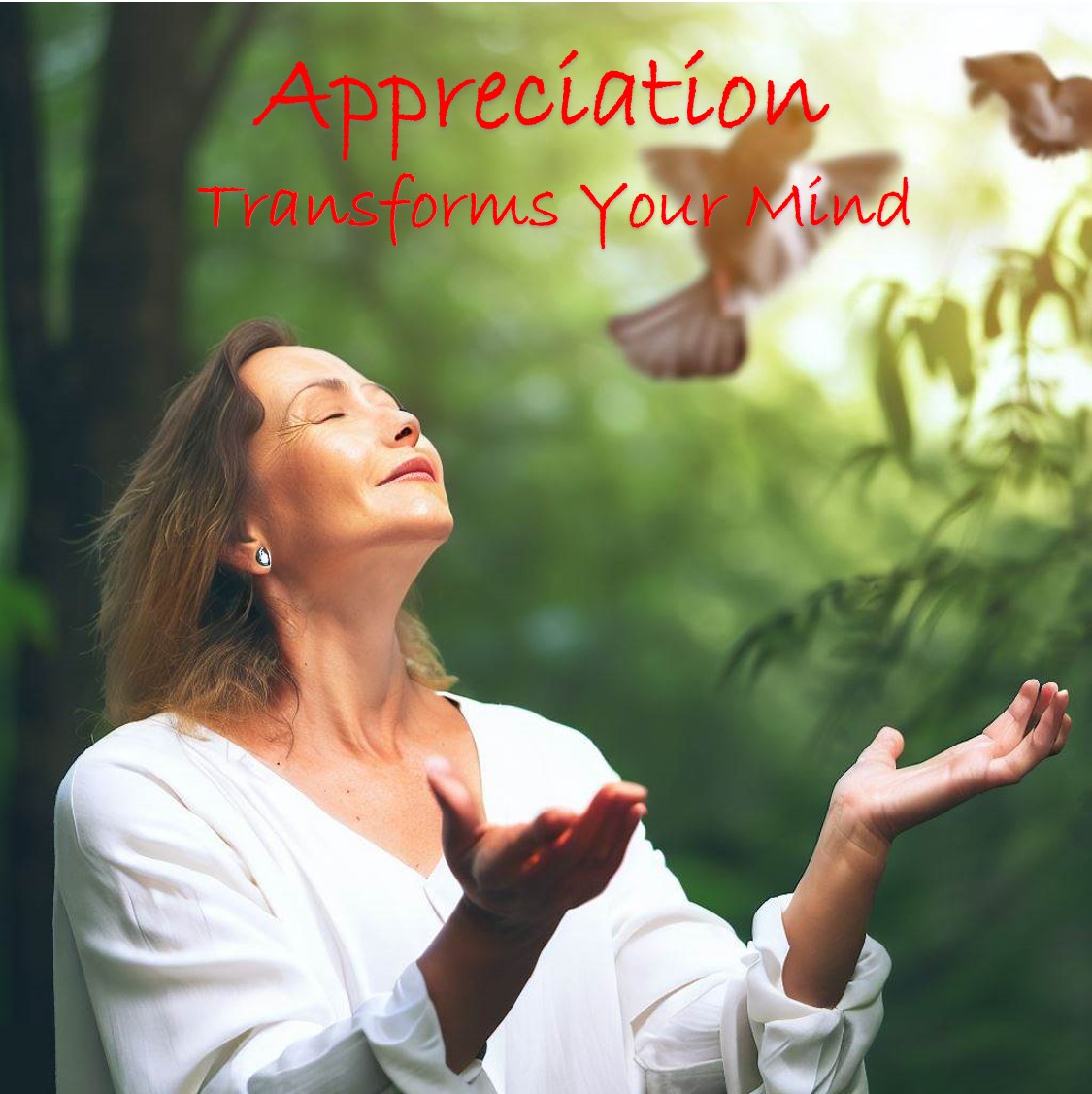
Appreciation As An Adult Transforms Your Life
If you want to live a happier, more fulfilling, and more positive life then you might want to reconsider the power of appreciation. Appreciation is far more profound than just saying thank you or feeling grateful and obligated. It is a deeper and more intentional way of recognizing the value and meaning of everything and everyone in your life. It is a expands the power of life, in it's freedom from conditions.
Appreciation is more valuable than just being thankful, why? Because of its transformative power
- Appreciation boosts your happiness and well-being. When you appreciate your life and who you are, you feel more satisfied, and joyful in the moment, which triggers happiness hormones. You also reduce your stress, anxiety, and negativity.
- Appreciation strengthens your relationships. When you appreciate others, you express your love, and admiration for them. You also acknowledge their qualities. This makes them feel valued, appreciated, and respected in return. Appreciation fosters trust, intimacy, and connection.
- Appreciation enhances your performance and productivity. When you appreciate yourself, you recognize your strengths, talents, and achievements. You also celebrate your progress and growth. This boosts your self-esteem, confidence, and motivation. You also become more open to learning, feedback, and improvement. Appreciation also helps you overcome challenges, setbacks, and you begin to realize that there is no failure only progress.
- Appreciation improves your health and well-being. When you appreciate your body, you take better care of it. You eat well, exercise regularly, sleep well, and avoid unhealthy habits. You also listen to your body's signals and needs. Appreciation also enhances your immune system, lowers your blood pressure, and reduces inflammation. Studies have shown that people who practice appreciation regularly have better physical health and lower risk of chronic diseases.
How Does Your Life Transform Through Appreciation?
What is Happening To You When You Appreciate?
You are energy beings that receive and emit vibrations of energy, constantly. It's akin to a frisbee. What you send out you receive. You are essentially paying it forward. People around you sense your positive energies and enjoy being around you. The author, Dr. Vie, has written several blogs and books, and offers consultations and programs on the topic of Who am I? What is my nature? etc.. Who Am I to learn more.
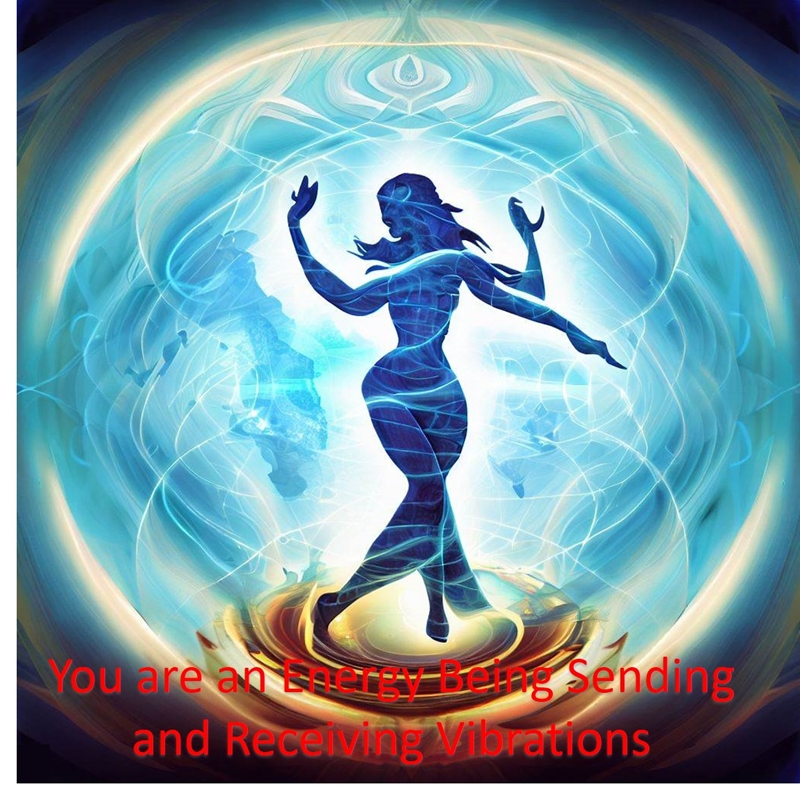
How can you as an adult practice appreciation?
- Keep an appreciation journal. Every day, write down at least three things that you appreciate about yourself, others, or the world around you. Be specific and detailed. Try to find new things to appreciate every day.
- Express your appreciation verbally or in writing. Without duress or rigidity tell at least one person that you appreciate them or something they did for you or others. Be sincere and genuine. You can also write a note, a letter, an email, or a text message to express your appreciation. Do not use the words "thanks," in your appreciation.
- Show your appreciation through spontaneous actions that are unconditional, without a sense of obligation or need to reciprocate to someone.
- Practice appreciation meditation. Every day, spend some time meditating on appreciation. You can use guided meditations or create your own. Focus on breathing deeply and relaxing your body. Then bring to mind something or someone that you appreciate deeply. Feel the emotion of appreciation in your heart and let it fill your whole being. Then send out appreciation to yourself, others, and the world. Learn more about Dr. Vie's meditation programs here.

Appreciation is Your Key to Paying It Forward For Your Own Life
Appreciation is far more than just gratitude. It is a powerful way to create a better and more positive life for yourself and others. By remembering appreciation every day, you can transform your life and your future.
Click here to learn more about your online Emotional WellBeing program:

Read blog posts on
Freedom the Ultimate Gift to Humanity.
